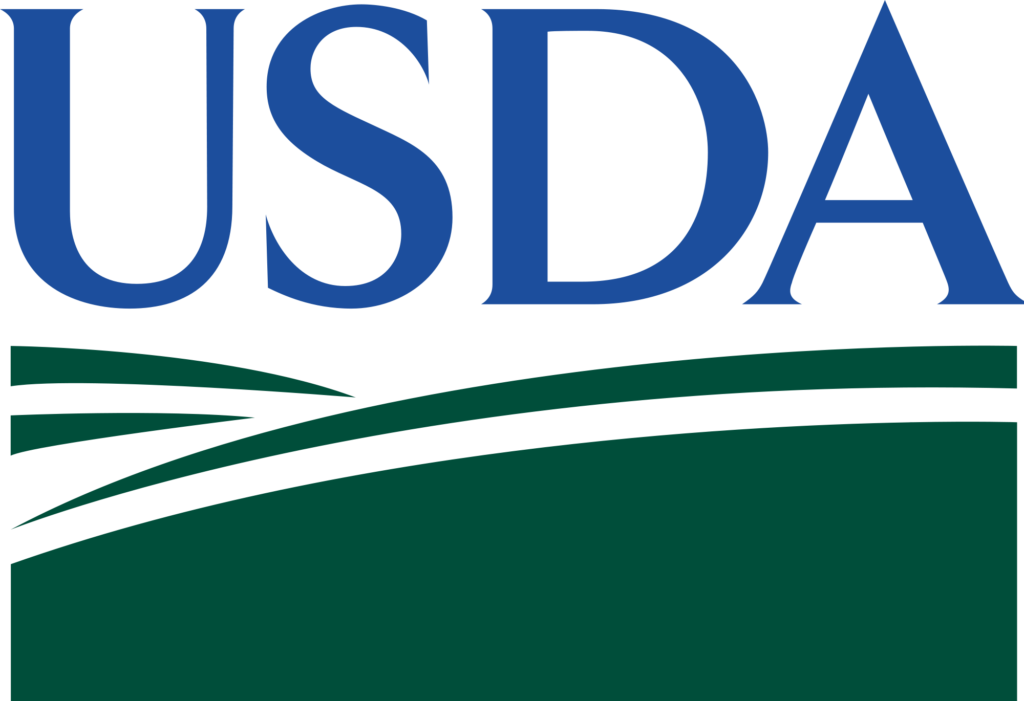Water quality is a hot topic of conversation in Minnesota right now, with the state’s farmers at the forefront of the discussion in award-winning fashion.
Two Minnesota farmers are being recognized for their commitment to agriculture, water quality, and wildlife. Randy Schmiesing of Stevens County, as well as Tom Cotter of Mower County, were recently given the new Minnesota Agricultural Water Quality Certification Program (MAWQCP) wildlife endorsement at the Pheasants Forever National Pheasant Fest in Minneapolis. Schmiesing and Cotter are the first farmers in the state to receive the endorsement.
“Conserving our natural resources for future generations to enjoy has been a lifelong goal and commitment,” said Randy Schmiesing. “We are proud to be one of the first farms to be certified by the Minnesota Department of Agriculture for the wildlife endorsement through the Minnesota Agricultural Water Quality Certification Program and encourage other farmers to pursue this wildlife endorsement and reap the many benefits it achieves.”

Agriculture Commissioner Thom Petersen presents Tom Cotter of Mower County with his Minnesota Agricultural Water Quality Certification Program wildlife endorsement. (Contributed photo)

Agriculture Commissioner Thom Petersen presents Randy Schmiesing of Stevens County with his Minnesota Agricultural Water Quality Certification Program wildlife endorsement (Contributed photo)
MAWQCP launched the wildlife, soil health, and integrated pest-management endorsements in December as additions to the 10-year certification a farmer or landowner receives in the program. The certification program partnered with various non-profit organizations like Pheasants Forever and the Minnesota Soil Health Coalition, as well as state agencies, to develop the endorsements.
“Many conservation practices targeting water quality also have benefits for other conservation goals, such as wildlife,” said Agriculture Commissioner Thom Petersen. “With the help of organizations like Pheasants Forever, we want to recognize farmers who are making efforts to protect our numerous natural resources in Minnesota.”
“Pheasants Forever appreciates the opportunity to work alongside the Minnesota Department of Agriculture and other partners in highlighting the new wildlife endorsement through the MAWQCP at Pheasant Fest,” said Tanner Bruse, Agriculture and Conservation Programs Manager, Pheasants Forever. “It’s our honor to be a part of the recognition of those implementing conservation practices that represent a win-win scenario for their operation, soil, water and wildlife. We congratulate them and thank them for their stewardship.”
Certified producers who achieve an endorsement will receive an additional sign for their farm and recognition for their conservation excellence.
Certified farmers and landowners interested in an endorsement, or those interested in in earning a certification in water quality, can contact their local Soil and Water Conservation District. They can also visit MyLandMyLegacy.com.
About the Minnesota Agricultural Water Quality Certification Program
The Minnesota Agricultural Water Quality Certification Program is a voluntary opportunity for farmers and agricultural landowners to take the lead in implementing conservation practices that protect our water. Those who implement and maintain approved farm management practices will be certified and in turn obtain regulatory certainty for a period of ten years. The program is available to farmers and landowners statewide. To date, the program has certified 832 farms totaling 566,862 acres.

